1. Culture & Tone from the Top
Best Practice Guidelines

Culture of ethics and integrity: Employees know what is right and will know how to act when faced with ethical challenges. The company encourages and supports employees to do the right thing.

Alignment: The anti-bribery policy and programme are an expression of the corporate values.

Assess impact: Take a systematic approach to assessing corporate culture, identifying indicators, monitoring performance and reporting on progress. As part of this, consider the impact of tone from the top. For example, by surveying staff, third parties and other stakeholders and monitoring media and social media to understand the ways in which messages from the leadership are received and translated into norms and expectations.

Recruit ethical leaders: Assess ethical attributes when recruiting board members and senior management. Those at the top of the organisation need to live up to the values that they champion.

Tone from the top: The board and management carry the anti-bribery commitment throughout the company through their support, statements, behaviour and activities.

Tone from the middle: Managers at all levels convey the company’s commitment to preventing bribery. They provide advice to their staff and recognise examples of ethical conduct and contributions to improving the anti-bribery programme.

Spread the word: The board and senior management visit business units, local offices, overseas operations, key agents and suppliers to convey the company’s anti-bribery commitment and ensure messages are not lost through remoteness from the head office.

Use a range of channels: The board and senior management communicate the nature of the company’s commitment to integrity and zero tolerance of bribery in the Annual and Sustainability Reports, as well as through company and external events, social media, speeches, articles and interviews.

Demonstrate commitment: The board and senior management publicly commit to the anti-bribery programme, for example, by attending trainings, visiting locations, reviewing implementation and taking part in high-level corporate integrity initiatives.

Incentives: Design remuneration and incentives so that they do not inadvertently reward behaviour which undermines the company’s anti-bribery commitment.

Punish misconduct: The board and senior management are firm on transgressions and ensure sanctions are applied appropriately, consistently and openly.

Reward: Ensure good behaviour and speaking up is visibly rewarded and bad behaviour is visibly penalised.

Speak-Up: Encourage a speak-up culture and provide confidential advice and speak-up lines for employees.

